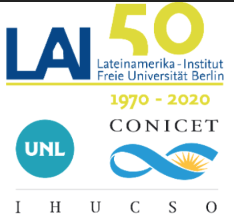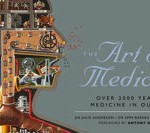October 2020
The importance of historical epidemiology in the global health decision-making process is the main topic of this article by James Webb Jr., professor emeritus at the Colby College in the United States.
Historical epidemiology and global health history (HCSM vol.27 supl.1 Rio de Janeiro Sept. 2020) is part of our special issue The meaning(s) of global public health history .

The After insecticide spraying is completed in any house the foreman records the date of spraying on the wall; photograph taken in 1954 during malaria eradication efforts in Liberia. The Lancet Vol 385 January 24,
Webb analyzes three examples of public health campaigns: the efforts by the Rockefeller Foundation to control hookworm disease (1909-1930) ; the World Health Organization (WHO) project to eradicate malaria in tropical Africa in the 1950s and 1960s; and international efforts to shut down the transmission of Ebola virus disease during outbreaks in tropical Africa (1974-2019).
According to the article, historical knowledge about past campaigns might act as a brake on the re-launching of similar approaches that have not achieved their stated goals in the past; halt initiatives that might produce unwanted outcomes; suggest new roles for neglected approaches that achieved success in the past; and open new avenues for scientific exploration.
See our latest dossier:











